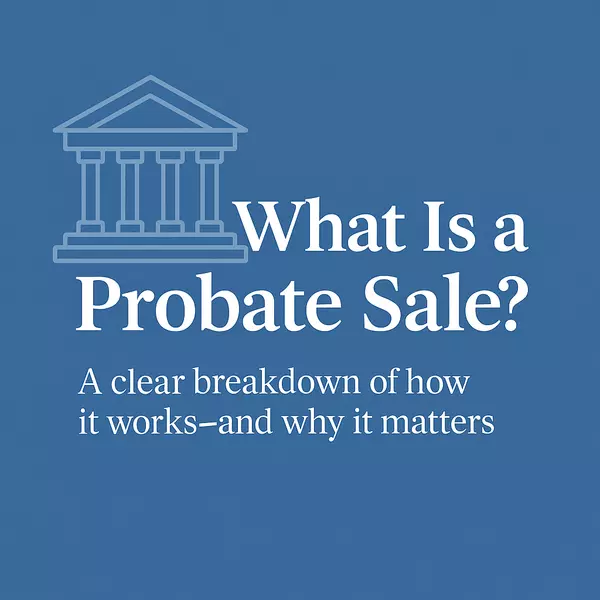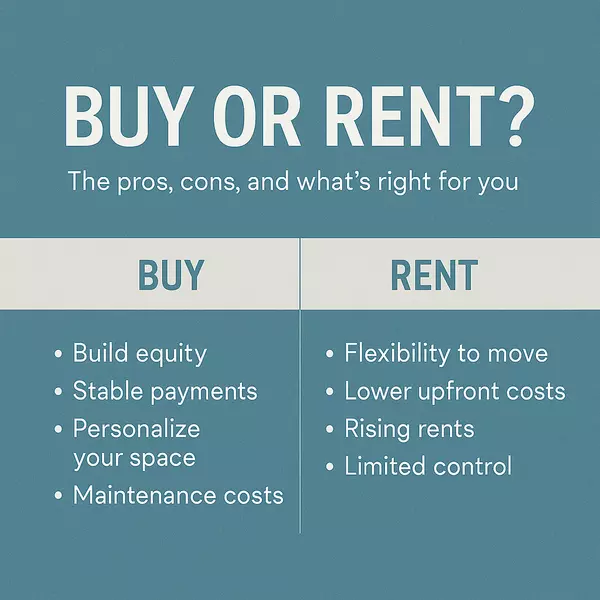
Why You Should Get Pre-Approved Before You Start House Hunting
If you’re getting serious about buying a home, there’s one step you should absolutely take before scrolling through listings, falling in love with a property, or calling your real estate agent to schedule showings: get pre-approved. This isn’t just a “good idea”—it’s a move that gives you power, p

Do I Really Need a Real Estate Agent for New Construction Homes?
Do I Really Need a Real Estate Agent for New Construction Homes? When most people think about buying a new construction home, they picture shiny countertops, that fresh paint smell, and the joy of customizing a space from the ground up. What many buyers don’t consider is whether they should brin

Should I Attend Open Houses? What Buyers (and the Curious) Need to Know
Should I Attend Open Houses? What Buyers (and the Curious) Need to Know Whether you're actively home shopping or just dipping a toe into the real estate waters, you’ve probably wondered: Should I be going to open houses? The short answer: It depends on your goals. Open houses can be a great tool—b
Categories
Recent Posts










